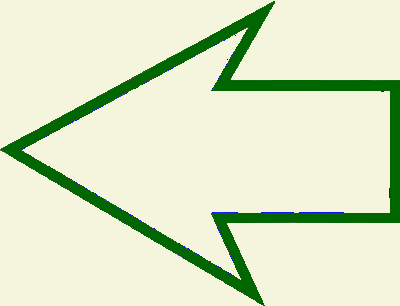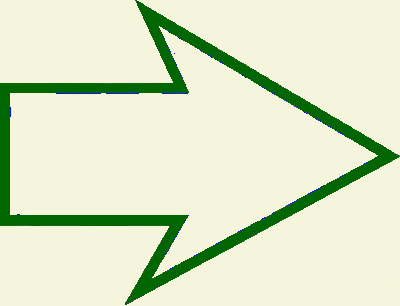 Index
Index 
Morality Thought Process
Moralism: ISTMRN the most successful moralists at getting other people to do what they want assign guilt and shame to the most common and most “living” of all attributes, “selfishness”, the core engine of self-preservation. We all have it in abundance, spiders and dogs included. Call that “sinful”, whether by God or “community” and get people to believe it, then only you (or collective “we”) having tickets of forgiveness yields great power. We must ALWAYS and faithfully atone for of sin by following precepts of altruism, self-sacrifice – all, mind you, to improve “our” lot in the world, in life, or in God. Another selfish desire hidden in the use of plural “we” to communalize shame and guilt for which "we" must atone besides shirking responsibility for ideas. Shame on us. If atonement won’t compel, punishment by eternal suffering with no compensating comfort certainly will. Ken and the Centipede: I just watched some “stupid” centipede wrestle with some pretty tough decisions. After marching merrily along my wall oblivious to raising and lowering a picture it crawled under, apparently blind or nearly so – long feelers in front waving continuously. It reached the ceiling, stopped, scooted along the wall side at the join with the ceiling, then ventured out onto the ceiling. Obviously a tenuous situation with gravity likely to wrest control, it paused. I thought, “No memory, it can’t remember “back”, only sense food or threat “ahead”, only react to current sensation.” Then it turned around and went back to the wall. FOOL ME! I watched as it “decided” to go a particular way. Probing the ceiling, testing, searching for a way around. Such a stupid bug. But in the sweep of those antennae there is nothing unknown, at least nothing of interest as food or threat; forward movement is secure. We can’t really do much about things outside the sweep of our antennae, so they really don’t influence our decisions either. As we increase the scope of our knowledge we bring more into our ken. Or do we? Perhaps we just fill our ken with other stuff, but even the stupid bug, New Guinea “primitives”, suburban housewives, and philosophy professors “fill up” their ken. Here I use “ken” as a sort of passive receptacle, sort of as “human potential”, if you will. And as far as I can see, we all get pretty much the same, both potential and filling it with information relevant to each of our lives. Every instant is “fills” to its utmost capacity. Different people and cultures attend to and discard different perceptions by collectivization, generalization, “reduction” of many particulars to a single “class” or "explanation", but nobody has a monopoly on sensation or processing ability, well not compared to a dog friend of mine (Wrigley, and dogs are the “smartest” non-humans I know.(I have never met a chimp, dolphin, elephant, or lion, but I hear they are pretty smart too). (I have met a few corvids and parrots, they are smart too, added August 17, 2016 while transcribing the journal to MS Word digital format) |